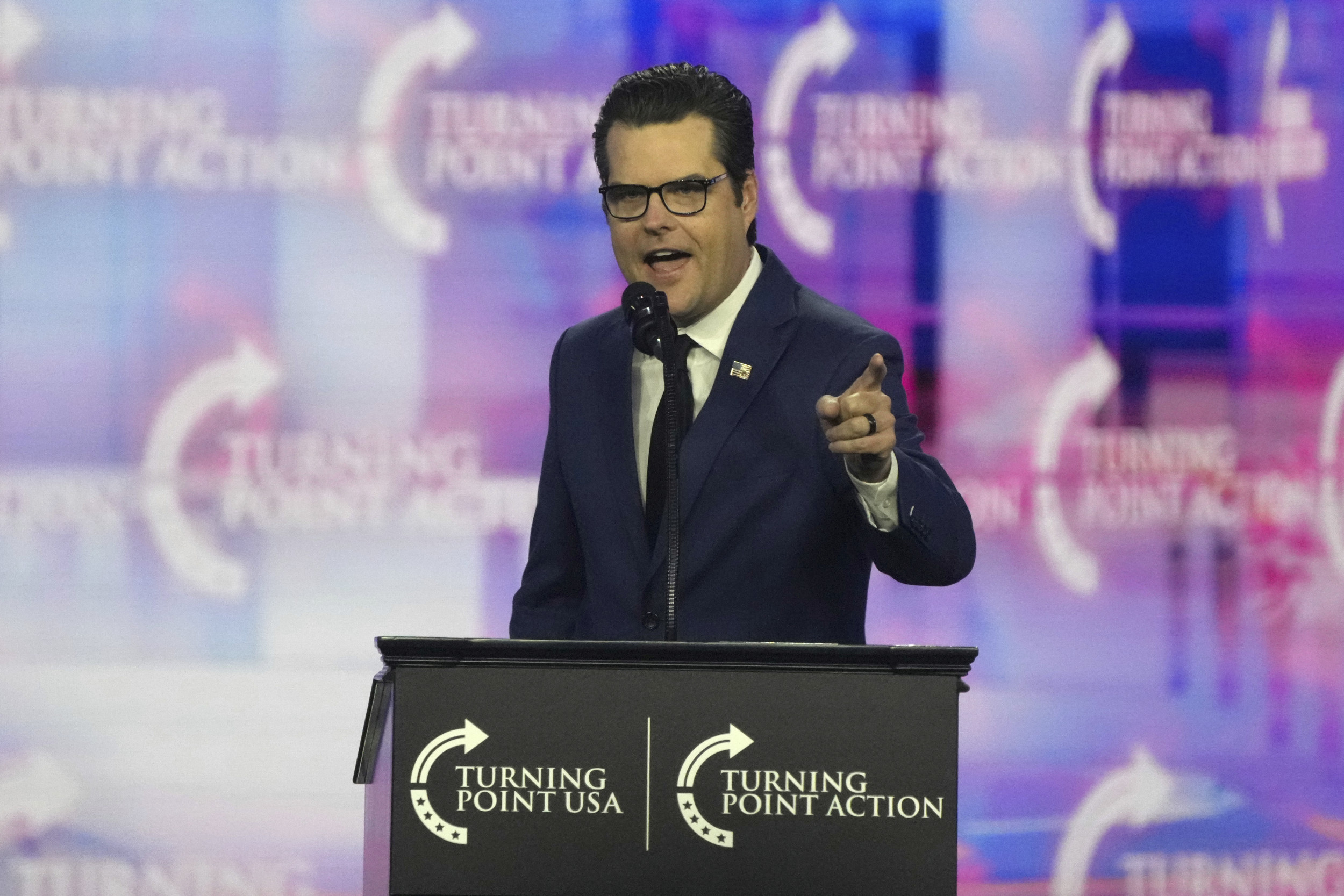7/11/2024–|Last updated: 11/7/202406:13 PM (Mecca time)
Africa- It counts African coast A geographical strip of great strategic importance, combining a vital location, richness of resources and diversity of ecosystems. It is considered one of the most prominent global trade routes and contains enormous natural resources.
Along the African shores, the territorial waters of the continent’s countries are rich in fish wealth, which constitutes the backbone of local economies and a support for achieving food security. However, this wealth faces serious challenges that threaten its sustainability.
According to a report issued by the Food and Agriculture Organization of the United Nations (Faw) Fish represents a “valuable food source for the poor” and an essential pillar of food security in Africa. It contributes to meeting about 22% of the dietary protein needs of Sub-Saharan residents, making it a fundamental pillar for a sustainable food future in the region.
Fishing agreements
Africa contributes about 7% of the global production of marine life, and many countries on the continent, especially low-income countries, do not fully exploit their potential in this field, according to the FAO. Its production last year amounted to approximately 14.4 million tons, according to the organization’s estimates, in addition to about 1.8 million tons produced by Africa through aquaculture.
Traditional fishing constitutes the backbone of this sector on the continent, whether in marine or fresh waters. It is the source of livelihood for millions of individuals and is estimated to provide about 10% of jobs in Africa.
African countries have about 12 agreements with European UnionIt is supposed to regulate fishing operations through two types of agreements, one for tuna fishing, and another for mixed fishing, that is, which includes several types of fish.
Tuna fishing agreements allow European Union vessels to catch this species during its migration and movement along the shores of Africa. Mixed fishing agreements enable its vessels to access a wide range of fish stocks in the exclusive economic zones of the coastal state.
In the case of Cape Verde, Côte d’Ivoire, Sao Tome and Principe, and…GabonandSeychellesand Mauritius, andMadagascarandSenegalandGambiaThese agreements are concerned with allowing tuna fishing. And it expands with each Mauritania And Guinea-Bissau to allow the fishing of other types of marine life, or mixed agreements.
Unfair deals
The terms of the agreements vary according to each country, but most of them expire between the years 2026 and 2029, with the exception of Senegal, which is currently reviewing a possible new agreement as the first one is about to expire, while it has completed Guinea Bissau Renegotiation.
Last September, Guinea Bissau renewed the fishing agreement with the European Union, under which it allows ships from… Spain and Portugal andItaly And Greece andFranceFishing in its waters for 5 years. Accordingly, it will receive about 85 million euros for the entire duration of the agreement, and the amount increases to 100 million after adding fees paid by ship owners for fishing licenses.
Columbia University professor Rashid Soumaila believes that African countries get “unfair deals” under these agreements, as they receive paltry returns compared to the true value of their marine resources.
He adds that fishing communities in West Africa are losing their fish wealth without benefiting from the proceeds in real development projects, “which leaves them without fish and without dollars.”
When we review the revenues of a country like Senegal from these agreements, we find that it earned a total of $11.9 million during the period from 2000 to 2010, while the value of the fish caught reached about 19.2 million.
Resource drain
African countries face additional challenges due to fishing agreements, including the depletion of the continent’s marine resources and the deterioration of fish stocks. This depletion is turning into a real threat to the livelihoods of local communities as the available quantities of fish decrease, hindering the ability of local fishermen to achieve a sustainable income.
Aliwa Ba, director of the Oceans Campaign at Greenpeace, believes that the main threat to the ocean and communities on the continent is the unsustainable exploitation of marine resources through “unfair” agreements. He adds that these patterns of exploitation exacerbate social and economic inequality, driving many people to despair and migrate.
Africa faces an additional problem represented by illegal fishing by commercial fishing vessels that penetrate the exclusive territorial waters of countries and fish in them without obtaining prior licenses.
A report by the Financial Transparency Alliance estimates that Africa loses about $11.5 billion annually due to illegal and unregulated fishing, making it the region most affected in the world by these practices. This fishing depletes stocks of some fish species and threatens the livelihoods of approximately 5.2 million people who work in small-scale fisheries on the continent.
The report warns of “significant social and economic consequences as a result of the depletion of irregular fishing by industrial vessels,” as the West African region relies heavily on fishing as a source of income.
According to the same source, the sector provides about a quarter of the jobs related to it. While the World Bank estimates that illegal fishing and unregulated fishing activities cost Africa losses exceeding $1.3 billion annually.





